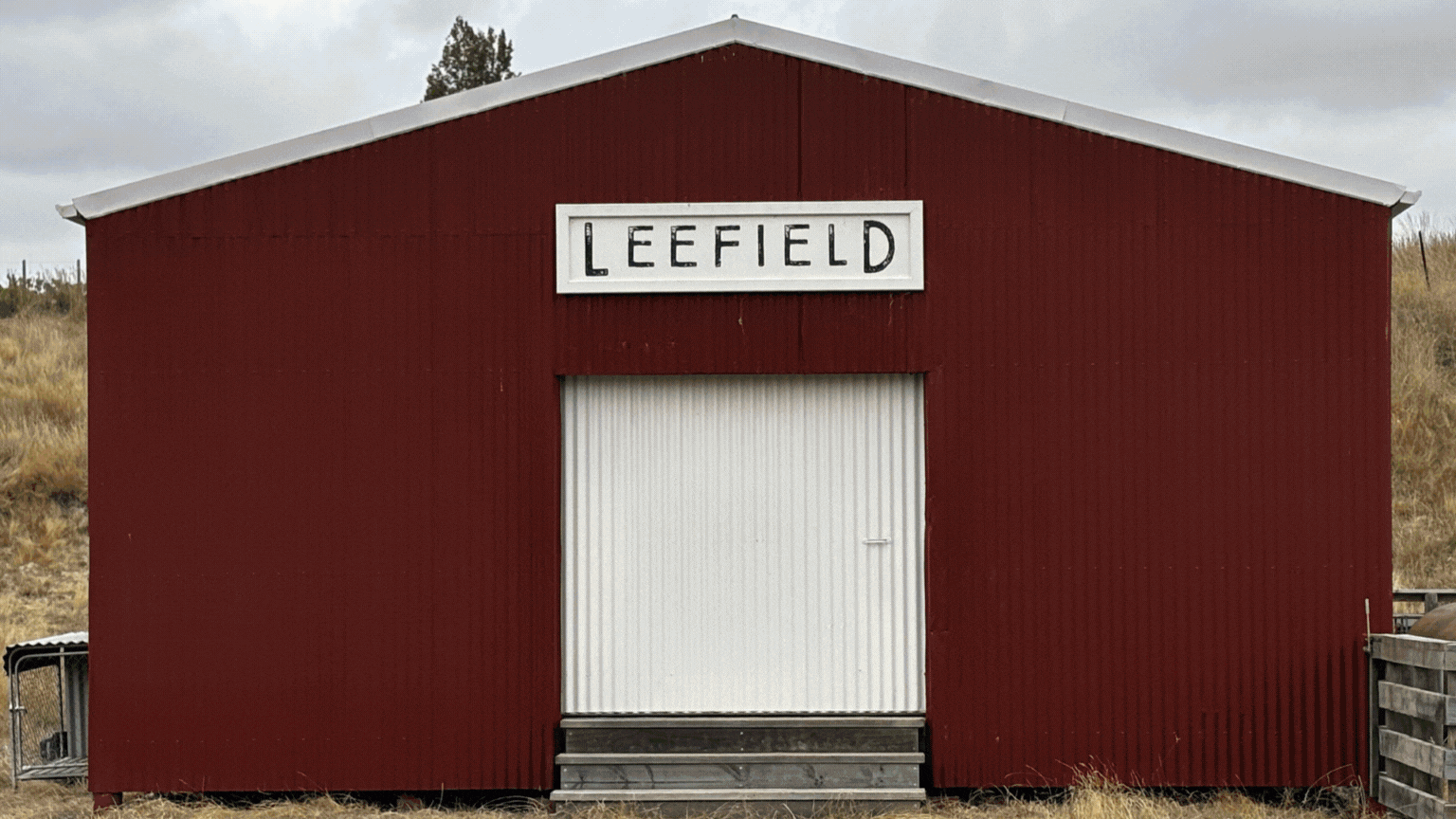Sustainability Hero
Leefield Station
A Blend of Sustainability and Environmental Stewardship
As a leading Outstanding Food Producer Awards partner, Leefield Station doesn't just support sustainability—it lives it. Explore how its 2,200-hectare Waihopai Valley vineyard and farm is leading the charge as a true Sustainability Hero.
Leefield Station Vineyard, nestled in the southern reaches of the Waihopai Valley, is a harmonious blend of tradition and innovation. This historic beef and sheep station, now a thriving mixed productive space including vineyards, spans an impressive 2,200 hectares, pushing through the clouds up to over 300 metres. With 650 hectares dedicated to vineyards and the remainder continuing as a livestock farm, Leefield Station is a unique property embodying sustainability and environmental stewardship.
The modern journey of Leefield Station Vineyard began in 2012 with its purchase by winemakers Brent and Rosemary Marris , who had the vision to create a sustainable and eco-friendly winery, respecting the land's rich farming heritage.
My visit on a toasty, February day showcased a farm driven to ethically farm its animals, ensuring they all have happy, fulfilled lives. Home to 300 Angus Beef Cattle, Romney Sheep, Berkshire Pigs, bees and a mob of sheep dogs who all live happily alongside a significant viticultural operation. Farm Manager Greg Crombie respects all the animals, delighting in the opportunity to work on a legacy farm, a place where the vision and ethos is farm in harmony with the land. Greg has implemented organic farming practice at Leefield Station, avoiding synthetic chemicals and fertilisers.
Anton Rasmussen leads the viticultural team, ensuring the vineyard soil remains healthy and fertile, promoting biodiversity and reducing the environmental impact. Cover crops are planted between the rows of vines to improve soil structure, prevent erosion and provide habitat for beneficial insects. This holistic approach to farming and viticulture not only enhances the quality of the grapes but also contributes to the health of the ecosystem.
Water conservation is a critical aspect of Leefield Station's sustainability efforts. The vineyard employs advanced irrigation systems that monitor soil moisture levels and deliver water precisely where and when it is needed. This efficient use of water resources helps to minimise waste and ensures that the vines receive the optimal amount of hydration. Additionally, rainwater harvesting systems are in place to capture and store rainwater for use during dry periods. The winery is designed to maximise natural light and ventilation, reducing the need for artificial lighting and climate control. Solar panels generate renewable energy, powering the winery and reducing its carbon footprint.
Leefield Station places a strong emphasis on waste management and recycling. Organic waste from the vineyard and winery is composted and returned to the soil, enriching it with essential nutrients. Recycling programs are in place to ensure that materials such as glass, cardboard, and plastic are sorted and repurposed.
Community engagement is an integral part of Leefield Station's sustainability initiatives. The vineyard works closely with local schools, organisations, and residents to promote environmental awareness and education. By hosting workshops, tours, and events, Leefield Station fosters a sense of community and showcases sustainable practice.
From organic farming and water conservation to energy efficiency and waste management, Leefield Station is committed to preserving the environment and promoting a sustainable future. By embracing these initiatives, the vineyard is producing exceptional wines while making a positive impact on the world.
To learn more and purchase their award-winning wines, visit their website.






